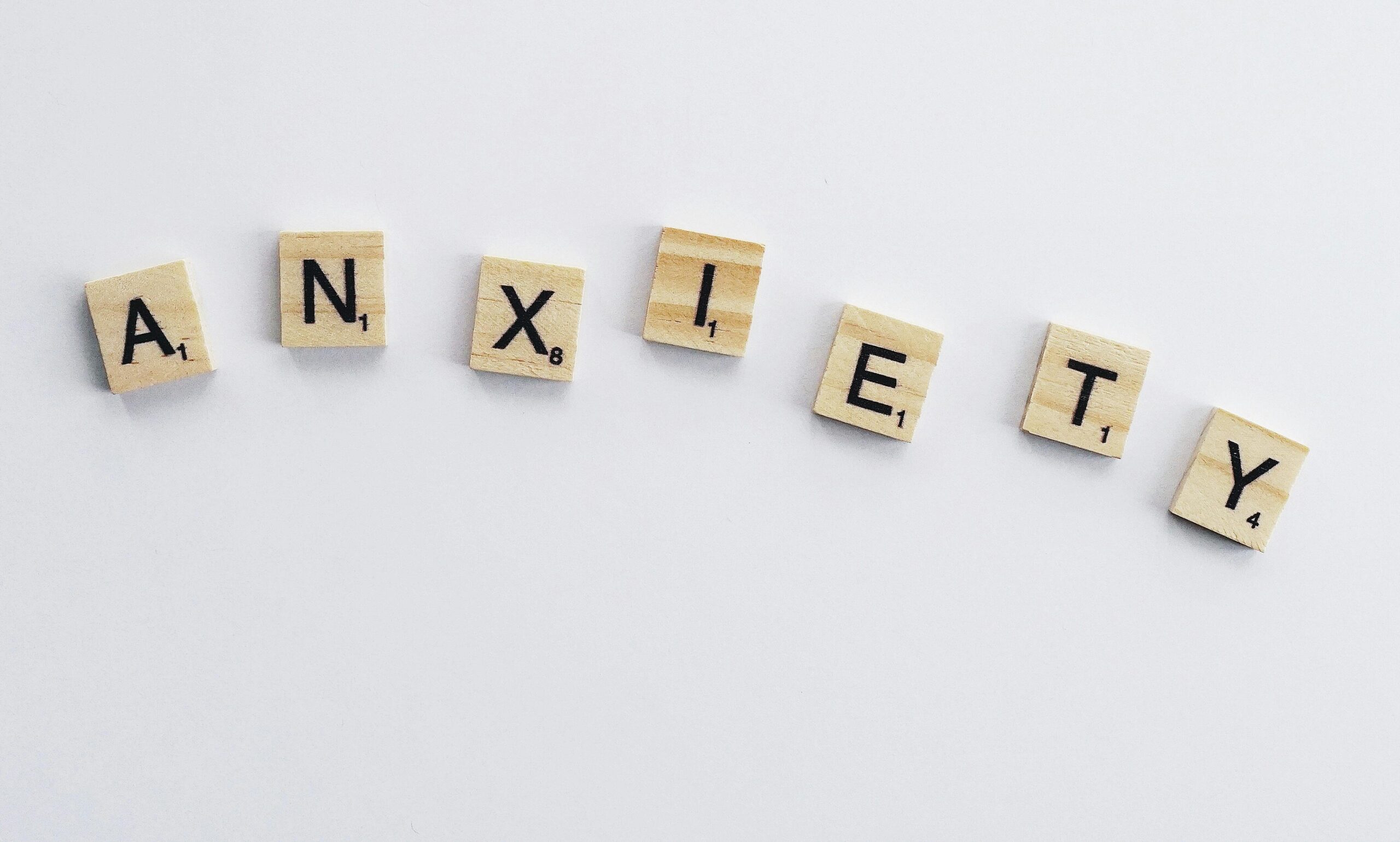Amid the hustle and bustle of our hectic lives, maintaining good mental health can sometimes feel like a balancing act. Fortunately, many are rediscovering the significant mental health benefits of hiking, a timeless activity that has seen a recent resurgence in popularity.
A perfect blend of physical exercise, nature immersion, and soulful solitude, hiking can offer you a mental health retreat like no other.
Hiking Reduces Stress And Anxiety

Being in the great outdoors and taking part in activities such as hiking is a proven way to ease the pressures and strains of daily life. This simple act of walking in nature can have profound effects on mental health, particularly when it comes to managing stress and anxiety.
As you leave behind the fast-paced city life and enter the tranquility of the wilderness, you are instantly greeted by a serene environment that radiates calmness.
The constant hum of city life is replaced with the harmonious sounds of nature – the rustling of leaves, the chirping of birds, the whispering wind – creating a soothing atmosphere that helps alleviate anxiety.
As you embark on your journey along the trail, each step can be almost meditative, bringing about a sense of peace and tranquility. This calming effect can significantly lower stress levels, making hiking a naturally therapeutic activity for promoting mental health.
This is why, time and again, individuals find solace in the hiking trails as a way to escape the demands and anxieties of everyday life. One of many of the mental health benefits of hiking.
Lower Risk Of Depression Through Nature
According to research from Stanford University, hiking can help alleviate depressive symptoms. This study indicates that immersing oneself in nature can substantially decrease the likelihood of developing depression.
As you engage in hiking, you get the chance to fully immerse yourself in the serene and refreshing environment, filled with pure air, beautiful scenery, and the serene sounds of nature.
These elements, in combination, can shift your emotional state positively, pushing away feelings of sadness and fostering an increased appreciation for life. It’s a journey that allows you to connect with the natural world on a deeper level, in turn helping to maintain a healthier mental state.
Improved Mood And Happiness

Hiking, a form of aerobic exercise, activates a physiological response in our bodies that directly impacts our mood. As we hike, our bodies start to produce endorphins – the body’s natural mood elevators. These hormones generate a sense of euphoria, often referred to as the ‘hiker’s high’.
This rush of positive emotions, accompanied by the stunning views of the natural surroundings, can significantly brighten our mood. Additionally, reaching your hiking destination, whether it’s a scenic overlook or the top of a mountain, delivers a sense of accomplishment.
This feeling of achievement not only boosts happiness but also provides a lasting sense of satisfaction long after the hike. This enhanced mood can create a positive feedback loop, motivating you to continue exploring and experiencing the joys of hiking.
Thus, the very act of hiking serves as a natural mood enhancer, instilling a feeling of happiness that goes beyond the trail.
Eager to start your hiking journey? Click here to see the top waterfall hikes near DC!
Hiking Boosts Confidence And Self-esteem
Tackling the challenges presented by hiking trails serves as a significant booster for one’s self-esteem and confidence. Conquering a difficult path or reaching the pinnacle of a mountain can instill a sense of accomplishment that transcends beyond physical achievement.
Each of these moments is a testament to your resilience and determination, reinforcing your self-belief. Every rocky incline successfully ascended, each lengthy trail completed, serves as evidence of your inner strength and fortitude.
The solitude of the trail gives you the space to appreciate these accomplishments, amplifying the positive impact on your self-perception. Consequently, the self-assurance gained from hiking can translate into other areas of your life, enhancing overall confidence and resilience.
So, as you lace up your boots and hit the trails, remember – you’re not just nurturing your physical health; you’re also fortifying your mental fortitude.
Better Coping Mechanism
Hiking acts as a robust coping tool when navigating life’s tribulations. The discipline and focus needed to traverse challenging trails offer a constructive distraction from internal struggles, deterring harmful rumination.
Engaging your body physically, while simultaneously absorbing the tranquil environment, allows a mental shift from distressing thoughts to present moment awareness. Such mindfulness can foster new insights, promoting emotional resilience and problem-solving capabilities.
Hiking also enables solitude, offering a rare opportunity for deep introspection and contemplation. This personal reflection time can lead to innovative solutions and outlooks, equipping you to better handle life’s adversities upon returning to your routine.
Thus, hiking provides not just a temporary respite but also lasting skills for healthier coping mechanisms.
Mental Rest And Rejuvenation In The Outdoors

In today’s digital age, our minds are continually bombarded with information, leading to mental exhaustion. Nature, with its soothing ambiance and serene landscapes, provides the perfect antidote. Hiking, in particular, immerses you in an environment devoid of digital distractions.
Instead of glaring screens, you’re surrounded by lush trees and panoramic views. Instead of the incessant ping of notifications, you’re serenaded by the harmonious sounds of the wilderness.
This immersion in nature, coupled with the physical act of hiking, induces a state of mental relaxation. It’s like hitting a reset button for your brain, letting it unwind, recharge and rejuvenate.
Away from the demanding pace of daily life, you get the opportunity to slow down, breathe deeply, and simply exist in the moment. Consequently, your cognitive abilities are restored, your focus is sharpened, and your perspective is refreshed.
So, the next time you feel mentally drained, remember that the hiking trail could be your ideal sanctuary for rest and rejuvenation.
Improved Brain Function Through Physical Exercise
The mental health benefits of hiking come in different forms, not just the typical relaxation we have all come to experience.
Don’t think of hiking as just a way to tone your body, but also as a mental workout. Evidence suggests that engaging in physical activity like hiking aids in maintaining and increasing gray matter density in key areas of the brain such as the hippocampus and prefrontal cortex.
This is crucial for cognitive tasks like problem-solving, decision-making, and memory retention. In addition, hiking increases brain-derived neurotrophic factor (BDNF), a protein vital for the health and growth of neurons.
This results in an overall improvement in cognitive functions such as memory and concentration, and can also promote sharper thinking. So, each stride on your hike doesn’t just take you closer to your destination, but also towards improved brain health and function.
Thus, hiking is as much a ‘mental exercise’ as a physical one.
Hiking As A Spiritual Experience

For many, the act of hiking extends beyond the realms of physical exertion and mental respite to become a deeply personal spiritual journey. As you trek through the serenity of the wilderness, the mesmerizing vistas and the tranquility of your surroundings invite a sense of awe and wonder.
This profound admiration for nature’s grandeur can provoke contemplation about our place in the vast universe. It’s an opportunity to not just explore the external world but also delve into our inner selves.
The natural rhythm of the trail can bring about a meditative state, fostering a deeper understanding and connection with oneself and the world around us. Such interactions with nature can instill a sense of peace and contentment, further nourishing our mental well-being.
Hiking can, therefore, be viewed as not just a path through the wilderness, but a journey towards self-discovery and spiritual growth. The trail may end when you reach your destination, but the spiritual insights gained persist, adding another enriching dimension to the mental health benefits of hiking.

